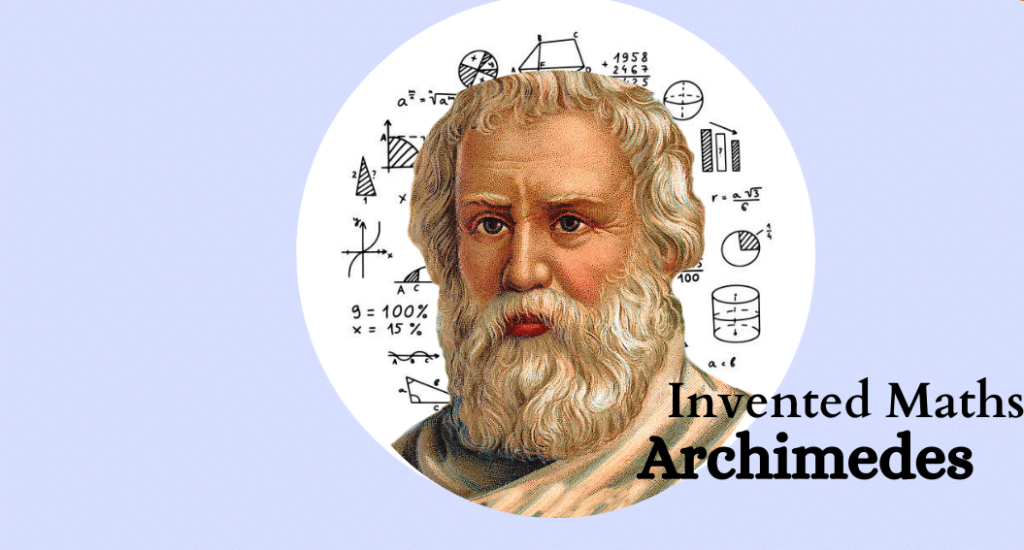
Introduction:
Who invented math: The language of mathematics the universal language encompasses every aspect of human life, from intricate natural patterns to the complex algorithms driving our modern technology. Have you ever wondered who is the genius behind that universal language might be? Join me for a fascinating journey through time to unravel the mystery surrounding the creation of mathematics.
Mathematics:
The Dawn of Mathematics: To identify the person who created mathematics is similar to trying to determine the origin of a river. It’s the result of a multitude of streams, all contributing to its creation. Mathematical concepts, even in their basic form, began to emerge when early people struggled with fundamental concepts such as the concept of counting as well as measuring. Ancient civilizations like those of the Egyptians, Babylonians, and Greeks established the fundamental principles of mathematics by using them in architecture, agriculture and astronomy.
It is the Greek Titans Pythagoras as well as Euclid:
In the midst of the great luminaries of the past, Pythagoras stands out as a towering figure in mathematical history. The theorem that he proposed, it is that for a right-angled triangular the diagonal of that length, the hypotenuse’s width is greater than the total of the squares on the other two sides revolutionized geometry and laid the foundation in mathematical proofs.
In the footsteps of Pythagoras, Euclid is often called “Father of Geometry,” established mathematical principles in his greatest work, “Elements.” This classic work served as an encyclopedia of geometric principles as well as rigorous arguments, influencing mathematical thinking for generations to follow.
The Islamic Golden Age:
During the Islamic Golden Age, from the 8th until the fourteenth century, mathematicians flourished thanks to the work of scholars such as Al-Khwarizmi as well as Omar Khayyam. Al-Khwarizmi’s books on algorithms and algebra not just introduced the notion in algebra into the Western world, but also set the foundations for the modern calculus and computer science.
Renaissance and Beyond Renaissance and Beyond Renaissance saw the resurgence of mathematical research and a number of luminaries such as Leonardo da Vinci, Johannes Kepler and Galileo Galilei pushing the limits of mathematical understanding. The contributions they made to areas like the study of astronomy, calculus, and physics helped to establish the Scientific Revolution and the subsequent developments in math.
Contemporary Titans Gauss, Euler, and Beyond In the history of mathematics in the modern era, names such as Gauss, Euler, and Riemann have a dazzling impact. Carl Friedrich Gauss, often called the “Prince of Mathematicians,” was a pioneer in the field of the field of number theoretic theory, differential geometry and statistics. Leonhard Euler, with his prolific output of more than 800 papers, revolutionized many mathematical fields, such as graph theory, calculus, and number theory.
The emergence of Modern Mathematics:
The 19th and 20th centuries saw an explosion in mathematical innovation that was fueled by the development of new fields like topology, set theory and abstraction algebra. People like Georg Cantor, David Hilbert and Emmy Noether brought the dawn of modern mathematics, setting the stage for the sweeping advances of the 21st century.
The conclusion:
Within the vast weave of human history the development of mathematics is seen as a testimony to our inborn curiosity and creativity. From ancient times to the modern age mathematicians have devoted their lives to discovering the mysterious truths that lie in the fabric of reality. Although it is unclear who created mathematics will never receive any definitive answer but what is certain is the lasting tradition of the people who dare to explore the vast possibilities of mathematics. When we look out at the stunning landscapes of mathematical discovery we should be amazed by our collective brilliance of mankind and the eternal elegance of the language which binds us everyone.
